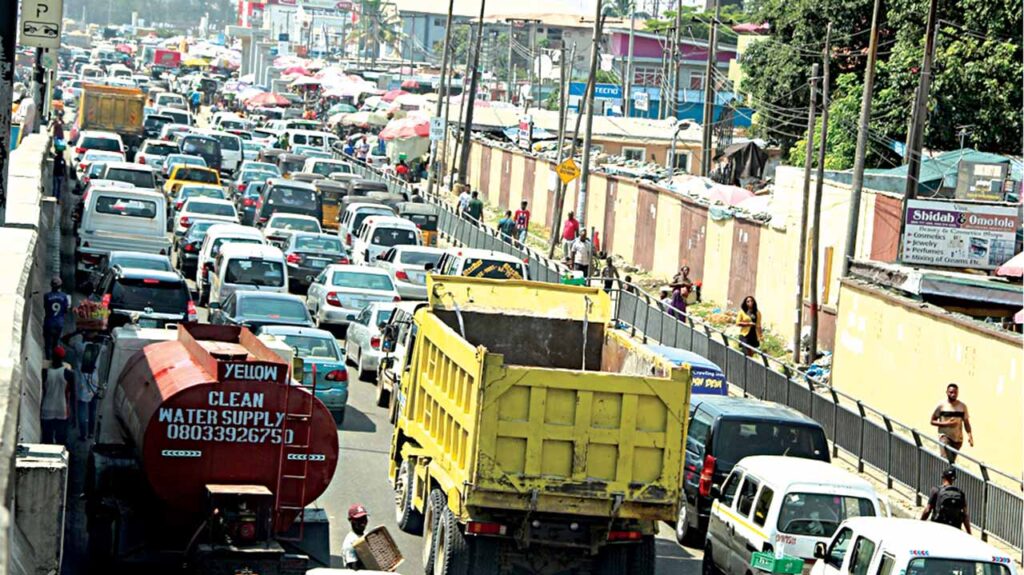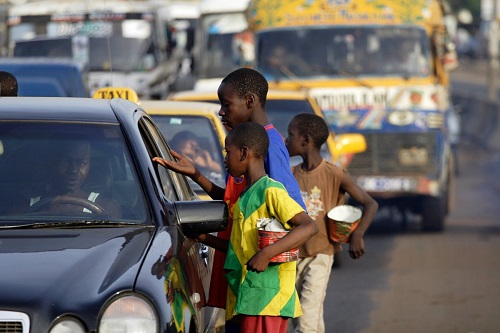A Trip Through the Conflict: Echoes of Inequality on the Route to College begins as the sun lays its rays on the surface of a new day, announcing the start of a transforming journey. Not knowing that these paths would not only lead thousands of miles but would also reveal a pattern created with razor-sharp societal differences. This piece expresses itself on a journey where personal choices and unexpected conversations ricochet against the concrete, showing the irrefutable truth that the path to education is packed with imbalances. Prepare yourself for a story that goes beyond the wheels’ rotations, revealing a moral carved in the very soul of our communal journey.

A trip through the conflicts: Sunrise Thoughts and the Journey to LASU
Perceiving breakfast when you wake up
Making decisions about course changes and location
Reminiscence and anticipation as I head to LASU
Surrounded by the first light of another day, I found myself taking pleasure in its beauty. My aunt’s energetic spirit filled the house as she got my cousins ready for school. The delectable aroma of delightful plantains and eggs floated through the air, tempting my senses. Nestled in bed, I couldn’t help but smile as I realized I had graduated from secondary school and begun my new path as a student at LASU.
The morning was not without its challenges. Contemplating a move to Epe as well as a change in my course at Ojo, I struggled with decisions that would influence my future. Despite the family opposition I had encountered, I reminded myself that I had chosen the agricultural sector, and now was not the time for a second thought.
As I reviewed my alternatives, an unexpected call from Basit interrupted my thoughts. The bus was scheduled to come at 10, but the clock had already struck eight. I quickly prepared for the day, taking a cooling shower before fixing a meal. I felt a mix of excitement and nostalgia since I missed my sister and coursemates, yet the idea of leaving home overwhelmed me with eagerness.
Journey perspectives: A trip through the conflicts, comparisons, and reflections.
Contrasting road conditions: Home vs affluent neighborhoods
Observing how affluent and impoverished individuals are
Thinking back on the effects of government negligence
The journey to LASU began when the driver ignited the vehicle, and we dashed onto the road in a trip through the conflict. In chatting with the driver, I was amazed by his questions about schooling, politics, and geography.
As we approached the third mainland bridge, we encountered notorious traffic, also known as “go slow.” Among the inactive vehicles, the driver talked about fuel prices. Our path would take us past Lekki, which provided an unexpected delight to my excursion.
I noticed the richness as I passed sites such as Mike Adenuga’s house, Dolphin Estate, and the route to President Tinubu’s villa. Luxury cars lined the streets, instilling in me a silent longing to experience such grandeur.

A trip through the conflicts: Depressing Truths at Lekki Bridge
Traffic incidents and surprising delights
Famous sites and aspirations for luxury
observing young children’s hardships and advocating for change
As we approached the Lekki Bridge, the traffic light came on. There, I saw a tragic scene where little children ages 6 to 9 braved the busy road to beg for money or wipe windshields. The brutal truth of their plight, lacking formal schooling and protection, touched my heart.
In sharp contrast to my youth, when my parents would not allow me to cross the street alone, these children faced the perils of the road daily. The injustice of their situation weighed hard on me, and I wished for a voice that could advocate for them, loud enough to attract the compassion and support they desperately needed in a trip through the conflict.
This story’s moral centers on the stark disparity between the wealthy and the impoverished, highlighting socioeconomic injustices and the fallout from government indifference. It highlights the importance of empathy, comprehension, and social action in tackling issues like poverty, ignorance, and disdain for the basic needs of disadvantaged groups, especially children. People should always consider their social duties and how they may support constructive change and equal opportunities for all.










